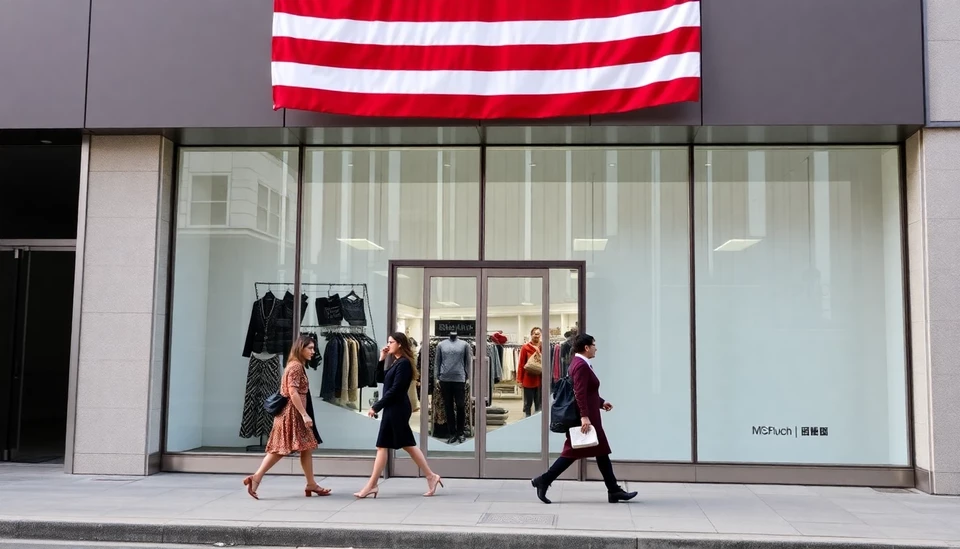
In a bold political maneuver, former President Donald Trump is shifting the focus of his economic strategy towards de minimis tariff exemptions, particularly as they pertain to cheap imports from countries like China. This policy tweak has significant implications for fast fashion retailers such as Shein and Temu, whose business models heavily rely on low-cost imports.
The current de minimis threshold allows for goods valued at up to $800 to enter the United States without incurring tariffs. This exemption is crucial for retailers that depend on affordable products, enabling them to maintain competitive prices and expand their market reach. However, Trump's renewed interest in downsizing this threshold threatens to disrupt these companies' operations and potentially spike prices for consumers.
As Trump aims to rally support ahead of the 2024 presidential election, he has focused on economic issues that resonate with American workers. His stance on the de minimis policy reflects a wider strategy to challenge foreign imports that undercut American manufacturing—a point he made during his previous administration. By advocating for a reduction of the de minimis limit, Trump positions himself as a defender of American jobs while critiquing what he refers to as excessive imports undermining local businesses.
Analysts suggest that decreasing the exemption could lead to higher costs for retailers like Shein and Temu, who offer trendy clothing at bargain prices. If consumers begin to see price hikes as a result of additional tariffs, there could be a significant backlash against these brands. Furthermore, such shifts could push companies to reconsider sourcing strategies, potentially affecting their supply chains and operational efficiencies.
In addition, the fast fashion industry faces growing scrutiny concerning environmental concerns and labor practices. As Trump draws attention to tariff exemptions, he may inadvertently shine a light on these issues, placing added pressure on companies to improve their operational standards while navigating a politically charged market environment.
The potential policy change also feeds into a broader conversation about globalization and protectionist measures. Many policymakers and economists warn that altering the de minimis threshold could set off a chain reaction, leading to retaliation from trading partners and increased tensions in international trade. Businesses could find themselves grappling with a more complicated tariff landscape that could hinder their growth prospects.
Overall, Trump's renewed focus on tariff exemptions signals a shift in the economic dialogue surrounding U.S. imports and exports. As the 2024 election approaches, the ramifications of this proposal will likely become a hot-button topic among politicians, business leaders, and consumers alike. Retailers will need to remain vigilant as they assess the potential impacts on their pricing strategies and supply chain logistics.
#Trump #TariffExemption #DeMinimis #FastFashion #Shein #Temu #SupplyChain #Economy #TradePolicy #2024Elections #Globalization
Author: Daniel Foster




